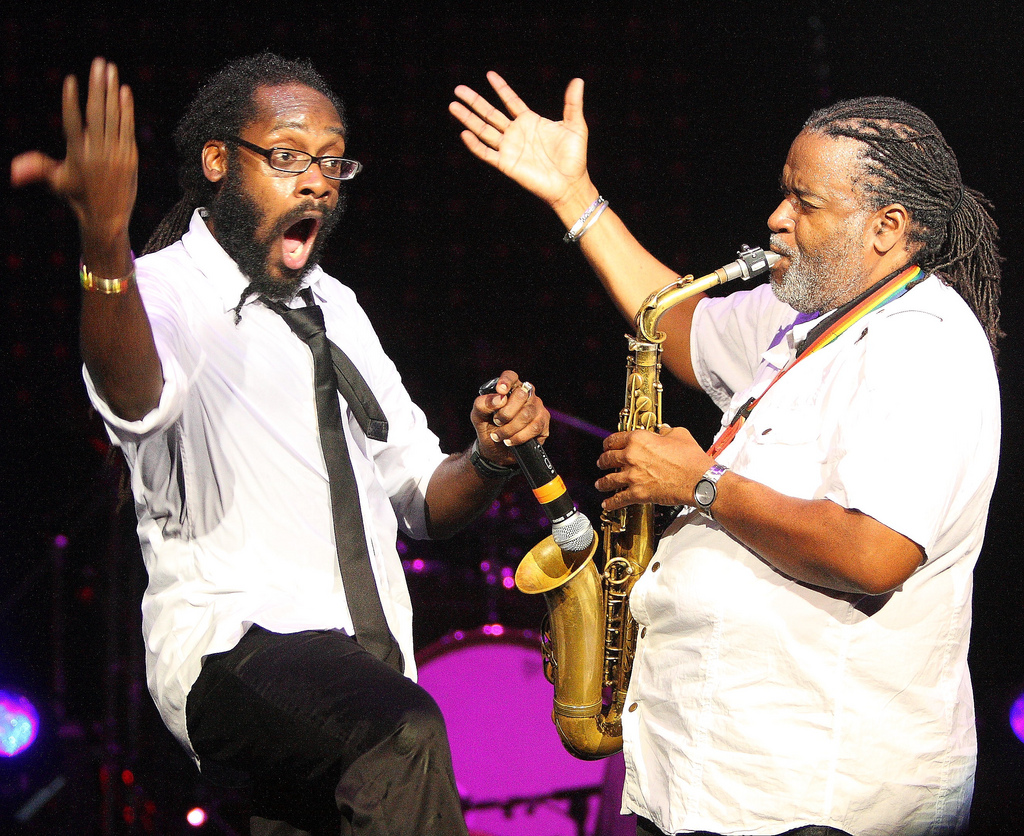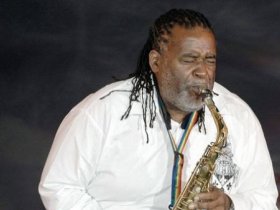Speaking with Davina Hamilton of the UK-based The Voice Newspaper, during a recent visit to Europe, Fraser opened up about his 40-year-long career, the media's lack of Reggae's true knowledge and his most memorable piece of recording.
On his early career beginnings: "I started out in 1972 as a young kid. I was still learning my instrument and getting hands-on experience at the same time. So it's been a real learning experience over the past 40 years...it come in like just yesterday!"
On the media's lack of Reggae music true history:"One of the things I think about media – Jamaican media in particular – is that some of them need schooling when it comes to our music. We have very few people who know anything about the music and I'm very serious about that. Many of the yout' who ah talk or write about reggae music don't know anything pre-1998. And reggae has a history of over 50 years! So I really feel that people who are talking or writing about our music need to do the background research so they know what they're talking about."
On keeping Reggae authentic: "Reggae has its own identity so there's no way you can make it sound like anything else – unless you're going to change the beat totally and then fool yourself by calling it reggae. Reggae has a basic principle and if you're going to do a reggae song, you have to stick to the principle. If you give it another beat, you can't call it reggae. Simple as that!"
On his most memorable piece of recording: "One of my most impressive jobs was playing with Lauryn Hill on [the 1998 album] The Miseducation of Lauryn Hill. I played on a couple of tracks on that album and that was a refreshing experience. It was an eye-opener to what was happening outside of reggae music; it showed me the approach that these people took to make their music. It was a great experience.














 less
less
 more
more